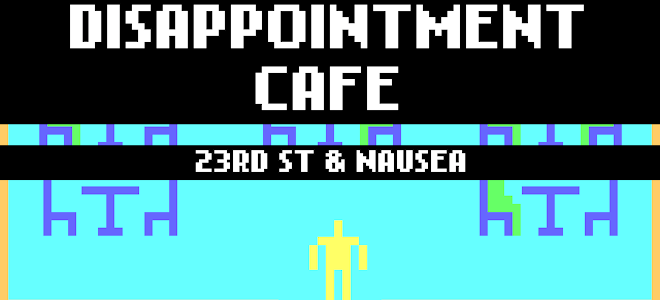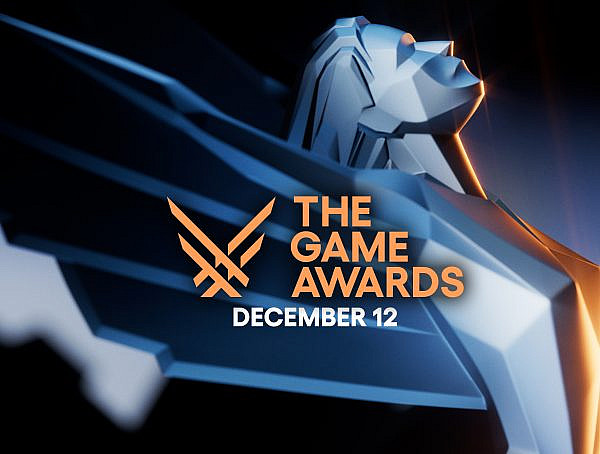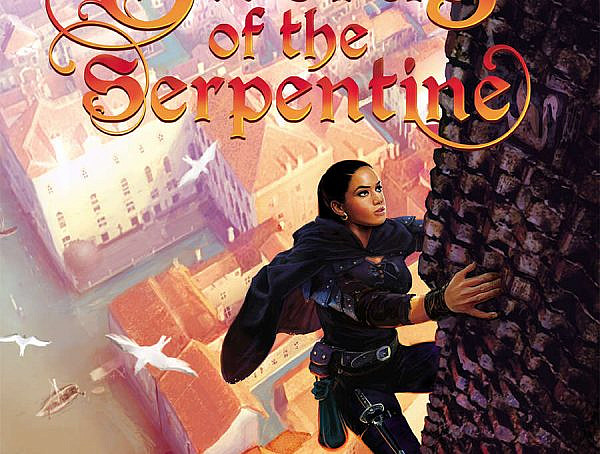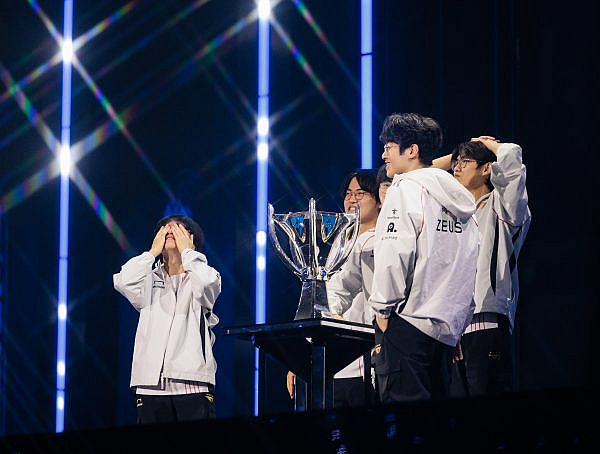Game design as adversarial, critical and even comical.
Pippin Barr was a natural fit for GAME’s latest journal focusing on the academic potentials of critical game design. His recent games include SNAKISMS, a collection of philosophic Snake games, v r 3, a faux museum exhibit dedicated to the Unity game engine’s different water shaders, and Game Studies, the videogame adaptation of some of the discipline’s core scholarly texts. The abundance of game ideas he shares over on twitter even inspired a game jam late last year. In this article, he talks about the development of two games, Jostle Bastard and Jostle Parent, which act as critical responses to two popular independent games, Hotline Miami and Octodad: Dadliest Catch. The development of these games was shared on Unwinnable through playable builds, interviews and diaries, which give a detailed and humorous insight into his creative process, offering an alternative perspective to the academic text presented.
The intention of the Jostle series is to approach the subject matter of the original games from a different angle, where entertainment is not the primary consideration. Hotline Miami is discussed as a contradictory work that is celebratory of the players’ aggressive actions while also attempting to critique said violence. Octodad focuses on comedic interactions throughout the game while sidelining other potential gameplay possibilities surrounding parenting and responsibility.
Critiquing these games through design practice is framed as a form of both critical and adversarial design. Critical design is positioned as oppositional to affirmative design or “design that reinforces the status quo”, the most commonly understood applied use of design for solving problems. In critical design, concepts such as “user-unfriendliness” are used to find problems rather than solve them and as such, they act as critiques of design and technology. The potential that games have as objects that can be interacted with directly suggests that they would make a good fit for critical design. Barr references scholars such as Mary Flanagan, whose 2009 book Critical Play presents a methodology for designing games with such intentions.
Adversarial design is a term Carl DiSalvo put forward in a 2012 book of the same name, which describes using interactive technologies and working products to create experiences that engage the user with political issues. One of the tactics used for this aim is labelled “reconfiguring the remainder”: through an act of shifting typical design practices in relation to one another, previously unseen elements can become visible. Barr relates all of this to videogames as such; games that follow the standard affirmative design method exclude or make dormant a lot of possibilities, these are the “remainder”. The “reconfiguring” relates to the design decisions often taken for granted, so an act of critical reconfiguration would enable an exploration of design, as seen in the aforementioned videogames that critique other videogames. The final critical products are still able to act as games, which allows them all the interactive possibility to engage with users on a critical level.
The paper is then split up into two sections critiquing the original videogames through a textual analysis as well as an explanation of the separate Jostle games reconfigurations. The jostling in the games is a simple physics-based action where the player can bump into objects and people, a less extreme form of violence that nonetheless provokes reactions in the game world. Jostle Bastard casts the player as a teacher who has to navigate various public areas with only this act of aggression available. The game does allow the player to avoid these interactions altogether, which Barr offers as a way for players to think critically about the use of violence as fun when not made mandatory. Jostle Parent uses the jostling mechanic differently, where it is necessary to help guide your children around hazardous environments, and the game includes the very real possibility of letting them accidentally die. Various other design moves, made both explicitly as well as emerging unintentionally through quirks in the code, inspire further critical thinking. The children of Jostle Parent are made more sympathetic through the inclusion of real names; the police of Jostle Bastard can not distinguish between the player’s aggression and the NPCs’ acts of revenge and as such, they represent an unjust legal system. Barr’s games work both in critiquing what is lacking in the original works as well as creating new and original work. As such, Barr has made a well-argued case for the merits of critical game design methods.
Original article: http://www.gamejournal.it/barr-jostling/
More from Features
Game Awards – Celebration of talent or a Marketing Extravaganza?
The Game Awards 2024 is over and the winners are announced. However, are they still following the same pattern that …
Worlds in a Finnish Theater: League Finals, Community, and Döner Kebab
I travelled to Helsinki to watch League finals in a cinema, and it was worth it. #leagueoflegends #esports #community #worldfinals













